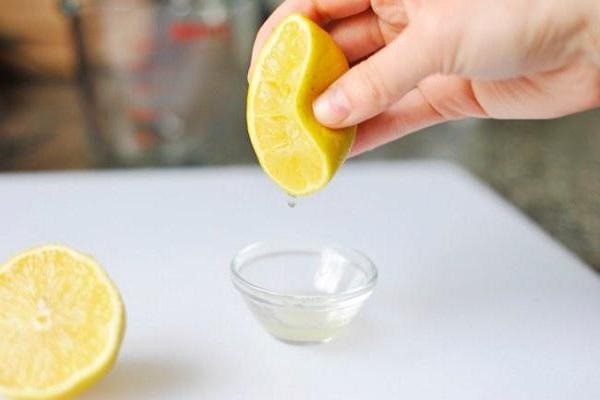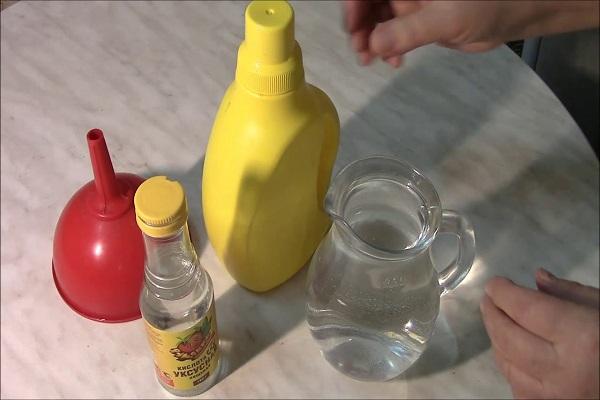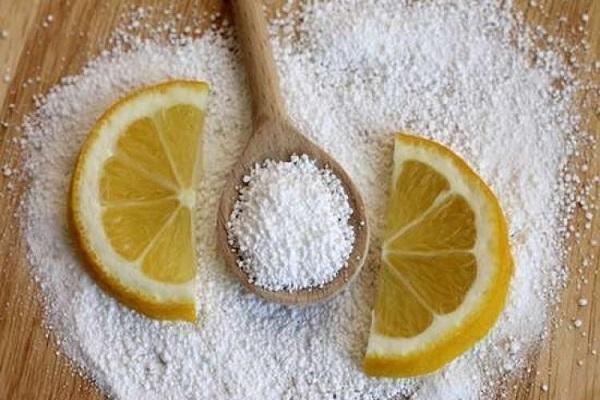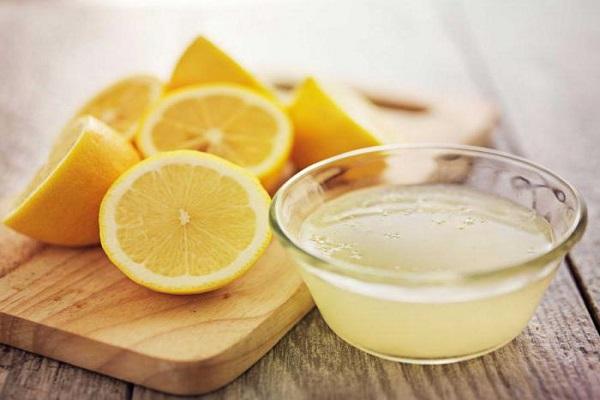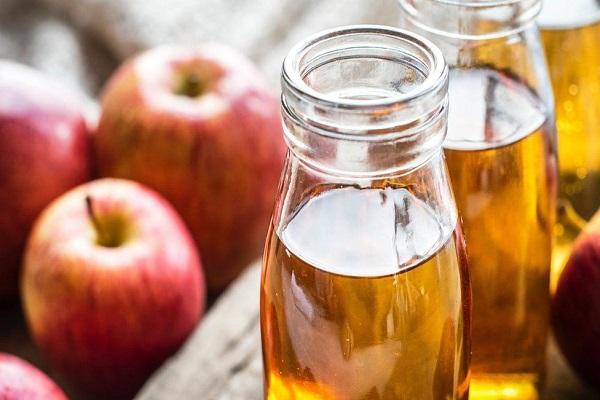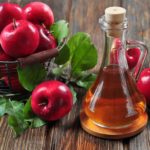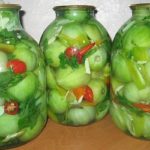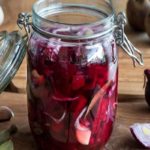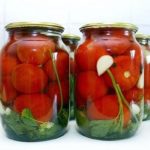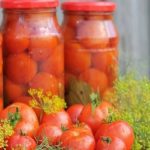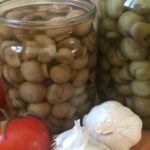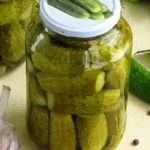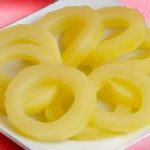There are two popular ingredients in cooking: vinegar and citric acid. Most housewives prefer to use lemon juice for preservation, believing that this way the preparation becomes much healthier than with vinegar. Is this true? We suggest considering the benefits, as well as the correct ratio of citric acid and vinegar for preservation.
Vinegar or citric acid for preservation?
In order to choose what to use for preservation, you need to understand the benefits of the products.
| Citric acid | Vinegar |
| Obtained through a chemical process. If vinegar can be synthetic and natural, then there is no choice - lemon powder will only be synthetic. When used correctly, the ingredient helps reduce excess weight, improve the process of digesting food, and also removes harmful and toxic compounds from the body. | There are several types of vinegar: table, apple, synthetic. If the product is natural, then it contains micro- and macroelements, certain vitamins (especially if we are talking about malic acid). For preservation, it is recommended to use only the natural type. |
Despite all the positive aspects, vinegar and lemon cannot be used for:
- increased stomach acidity;
- pathologies of the digestive system;
- nervous disorders;
- diabetes mellitus;
- high blood pressure;
- kidney dysfunction.
These products negatively affect the condition of tooth enamel, having a destructive effect. What is the best choice for preservation?
It is recommended to give preference to natural vinegar rather than chemically created powder.
How to dilute vinegar essence?
Why overpay for 9% vinegar if you can dilute the vinegar essence to the required percentage. Calculating the proportion of water and essence is not difficult, just remember the math. Let's look at how to get 9% acid from 70% acid:
- Acetic essence contains 70% of the substance, and the diluted liquid will require 100 ml.
- The resulting equation is (70 - 100) = (9 - x). 100 is the required amount of acid, 70 is the concentration of the essence, 9 is the required concentration of the solution, and x is the quantity.
- To solve the problem you will need 9*100/70=12.5.
To obtain 100 ml of 9% vinegar, you need to take 1 tbsp. l. 70% essence and add water to 100 ml. Similarly, you can calculate any concentration of vinegar.
How to prepare a citric acid solution?
Lemongrass solution is used in cooking for cooking, and also as a preservative and flavoring additive. It won't be difficult to prepare it.
To obtain a solution equal in concentration to 9%, you need 2 tbsp. l. Dissolve the powder in 100 ml of warm water. To obtain a less acidic composition, it is enough to use one spoon of powdered substance.
Lemon is an excellent substitute for vinegar when canning tomatoes, cucumbers and other winter snacks.
In what proportions should you dilute citric acid per liter?
For use in cooking, acid in liquid form is more popular, but in stores it is sold exclusively in powder form. How to make 1 liter of concentrated solution from it.
Products and inventory:
- citric acid (powder) – 500 g;
- filtered water – 1 l;
- containers that will not oxidize during the cooking process. It is important that it is sterilely clean.
The prepared amount of powder must be poured into a suitable container. In a separate container, bring water to a boil. This can be done on the stove or in the microwave. In the latter case, you need to remember that during boiling the liquid can overflow. It is for this reason that this process must be carefully monitored.
Add water to the powder while stirring regularly. You should use a plastic spoon. Strain the resulting solution through cheesecloth and a sieve. Wait until it cools down completely. Pour the composition into a suitable container. Keep refrigerated.If necessary, the concentrated solution is diluted with water.
How to replace citric acid in canning?
Replacement during canning will directly depend on the type of workpiece. When making compote or berry jam, you cannot do without lemon, because it is it that gives the dish a piquant and unusual taste. In this case, you can replace it with lemon or orange zest.
Other replacement options:
- sour berries - lingonberries, cranberries, red currants. Fruits not only replace a preservative, but also give the product a bright appearance and pleasant taste;
- natural juice – cranberry, grape, apple;
- vinegar - apple, wine, table.
From the above it is clear that replacing lemon is not difficult. There are many ways, and some of them compensate for the lack of lemon, improving the taste and aroma of the dish.
When replacing, do not forget about the ratio of products, otherwise you can ruin the workpiece.

